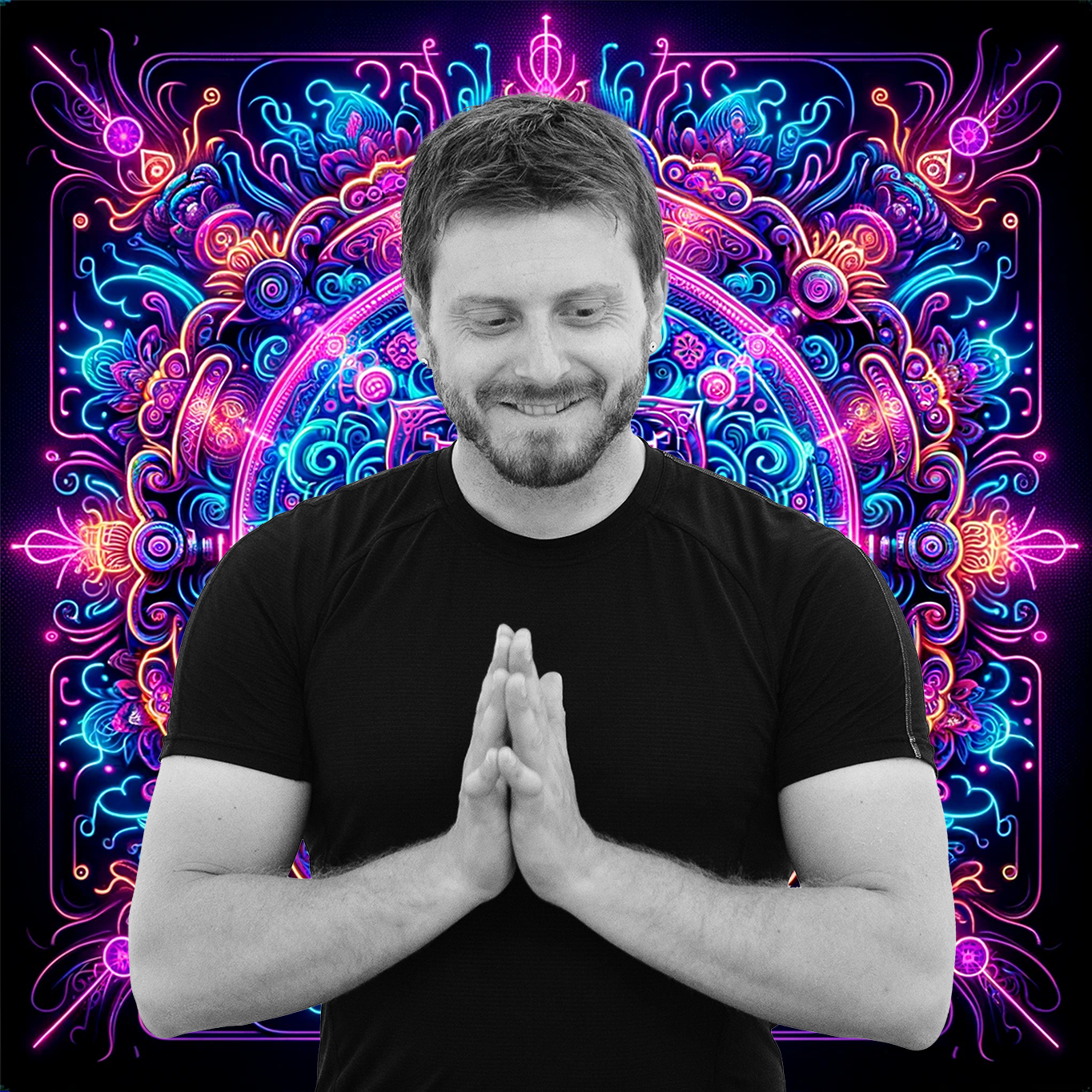You Are Not Your Thoughts
In 1637, Rene Descartes made a fundamental statement that shaped the course of Western Philosophy:
"Cogito Ergo Sum."
"I think therefore I am."
This idea was one of the sparks that ignited the Enlightenment in Europe and revolutionized the worldview of the Western World.
It was an important distinction at the time because it separated man from his soul and dependence on a divine creator.
It prioritized logic and rationality as the most fundamental human trait.
But what if Descartes got it completely wrong?
What if this view stopped many generations from seeing something much bigger and more meaningful?
What if it was the cause of undue suffering and frustration?
Sorry my dude…
2000 years earlier, and thousands of miles away, the Buddha and his disciples saw through this illusion. They realized that self and identity were something so much bigger than our mere, trivial thoughts.
As they saw it, thoughts were no different from any of our other senses.
We can experience our thoughts in much the same way as we experience sound, sight, or other senses.
They come and go, and we actually have much less agency over them than you might think.
Based on their direct observations of how the mind works, they came to a very different conclusion.
You are not your thoughts.
Your thoughts do not create your reality.
And so, they set out on a different path. One that I would like to discuss in today's blog.
To see how this works in actual action, I invite you to try a straightforward practice:
Right here where you are, relax and close your eyes.
Tune into the sensations in the body, creating a connection with the physical sensations.
Sit as long as you can with that connection without deliberately thinking.
As soon as you notice that you are having a thought, you can end the practice.
What happened to you just now?
Almost certainly, after some very short time, a thought appeared in your mind despite your intention for it not to.
You likely didn't even intend for the specific subject or content of that thought. It just appeared on its own, as if from nothing.
In this way, we can observe that thoughts come and go on their own, even when we intend for them not to.
If thoughts can occur just like any other sense, then we can see they are something entirely different from the self.
This is where Descartes got it completely wrong.
If we can't truly control our thoughts, and they appear without much direct control, then our thoughts cannot be our identity.
However, I am not saying that thoughts are not necessary, nor that they are meaningless.
Thoughts drive our ability to imagine and create. They are the source of all great art and philosophy. I am even using this ability at this very moment to write this newsletter!
Thoughts also allow us to analyze and make sense of the world. In this way, the ability to think and rationalize is a vital part of what makes us human.
This is the part that Descartes got right.
However, it is crucial to understand the limitations and potential pitfalls of the thinking mind.
When we fixate on our thoughts or give them too much weight, suffering is bound to follow.
By contrast, suffering will automatically lessen when we can let go of our thoughts and rest in the present moment.
You may have noticed this in the brief practice that we just did.
What happened in the moment between sitting down and the first thought arising?
Did you notice the pause?
What remained during that time?
The answer is awareness.
Independent of the thinking mind is our awareness and connection with this moment. It is always there if we make space for it.
Thoughts happen all the time for most people, but there are MANY pauses if we really pay attention.
The problem with excessive identification with our thoughts is that they cause us to miss the simplicity of reality.
Awareness becomes more dominant as we practice letting go of this identification and simply resting in this moment.
As we learn to rest in this connection more and more, we can cultivate a sense of identity beyond mere thoughts and ideas.
This is the secret sauce of meditation.
The ability to decouple from the thinking mind is one of the most liberating aspects of deep meditation practice.
We can start to see that our thoughts do not need to control us.
We can live a life where we can use our thoughts without getting trapped by them. When we are not busy obsessing or daydreaming, we can connect more deeply with the reality of this moment.
It is then we can see that our thoughts are a key source of our suffering.
Stepping back from the thinking mind can be one of the most liberating practices to undertake.
By learning to see awareness itself, we can separate ourselves from the anxiety and confusion that our thoughts often create.
You are not losing your identity. You are allowing it to blossom into something more profound and deep.
I'd like to end this post by spinning the classic quote on its head:
"I realize that I am not only my thoughts; therefore, I am free."
If you'd like to join me in practice, follow the links below:
If you'd like to practice with me right now, check out one of the dozens of free classes on my YouTube.
For live classes, either in-person or online - see my latest class schedule here.
To make the most optimal progress in your practice, contact me to schedule a one-on-one session.
And if you haven't yet, subscribe to my newsletter for regular insights about practice and life -



